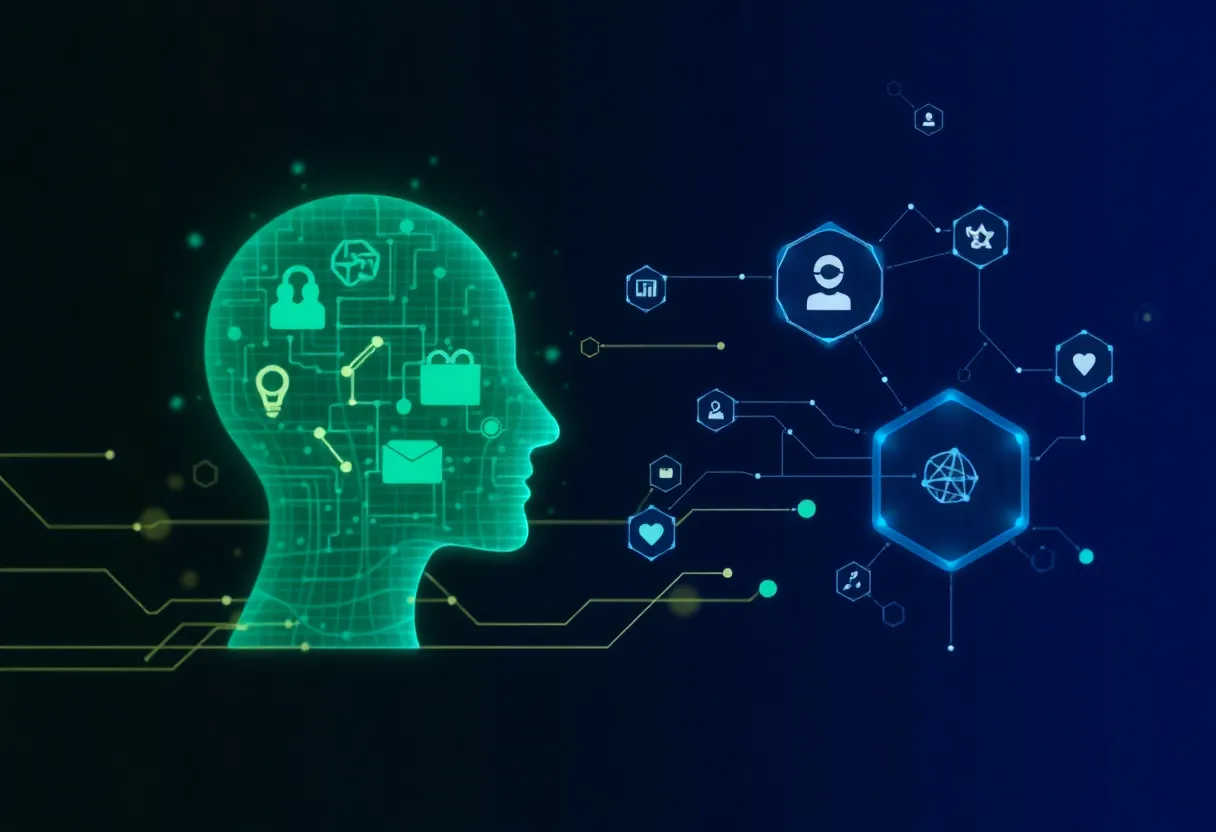How Can Artificial Intelligence Enhance Your Digital Marketing Strategy?
The integration of artificial intelligence (AI) into digital marketing strategies has transformed how businesses connect with their audience. This evolution is not merely a trend; it has become an indispensable tool for gaining a competitive edge. By employing AI technologies, organizations can enhance efficiency, personalize experiences, and drive better results from their marketing efforts.
Understanding the Role of AI in Marketing
AI is the simulation of human intelligence processes by machines, specifically computer systems. This technology can analyze data, recognize patterns, and make decisions with minimal human intervention. In marketing, AI can streamline processes and optimize performance across multiple channels.
Data Analysis and Insights
Data is at the core of effective marketing strategies. AI allows businesses to sift through vast amounts of data at remarkable speeds, deriving actionable insights. With predictive analytics, organizations can identify trends, forecast consumer behavior, and tailor their approaches accordingly. This can lead to more informed decisions and ultimately, better targeting of campaigns.
Personalization of Customer Experience
Modern consumers expect personalized experiences. AI enables marketers to collect and analyze customer data to create tailored messages and offers. By leveraging machine learning algorithms, companies can predict which products customers are likely to purchase based on their preferences and behaviors.
Dynamic Content Creation
Dynamic content, which changes based on user behavior, is another area where AI shines. Automated systems can modify website layouts, landing pages, and email campaigns in real-time. This adaptability enhances user engagement, as the content aligns more closely with individual interests. As a result, conversion rates can improve significantly.
Chatbots and Customer Service
Chatbots represent a shift in how brands provide customer service. These AI-driven interfaces can interact with customers 24/7, answering queries and resolving issues without human intervention. They gather data from customer interactions, which can be analyzed for insights into preferences and pain points. This continuous feedback loop allows businesses to refine their offerings consistently.
Enhanced Targeting and Segmentation
AI empowers marketers to create more precise audience segments. By analyzing behavioral data and demographics, AI can identify characteristics of high-value customers. This allows for hyper-targeted advertising campaigns that resonate with specific audience groups, driving better ROI on advertising spend.
Programmatic Advertising
Programmatic advertising utilizes AI to automate the buying and selling of online ad space. This technology analyzes user behavior in real-time, ensuring that ads are displayed to the right audience at the right moment. Advertisers benefit from increased efficiency, reduced costs, and enhanced ad performance.
Optimizing Marketing Operations
AI can optimize various aspects of marketing operations, from content creation to campaign management. Automated tools can assist with SEO, identifying keywords and suggesting content improvements. Email marketing efforts can also be enhanced through automation, allowing for optimal send times and content tailored to individual recipient preferences.
A/B Testing Automation
Traditionally, A/B testing required extensive manual processing. AI can automate this process by running multiple tests simultaneously, analyzing results, and identifying winning combinations faster than ever. This not only saves time but also ensures data-driven decisions are made quickly.
Predictive and Prescriptive Analytics
AI’s ability to perform predictive analytics can greatly improve marketing strategies. Businesses can anticipate future trends and consumer behaviors, allowing them to adapt their strategies accordingly. Furthermore, prescriptive analytics can offer actionable recommendations based on predictions, enabling marketers to optimize campaigns before launching.
Customer Journey Mapping
Understanding the customer journey is crucial for effective marketing. AI can analyze various touchpoints, providing insights into customer behavior across channels. This understanding allows businesses to create seamless experiences that guide consumers from awareness to purchase, ultimately driving brand loyalty.
Challenges in AI Integration
While the benefits of AI integration in digital marketing are significant, challenges do exist. Data privacy concerns have arisen due to increased scrutiny over how customer data is collected and used. Additionally, the implementation of AI technologies requires substantial investment and expertise. Navigating these challenges is essential to harnessing AI’s potential effectively.
The Importance of Transparency
As businesses adopt AI, maintaining transparency with customers about data usage becomes critical. Clear communication fosters trust and alleviates concerns about privacy violations. Marketers must ensure that consumers feel safe and informed regarding how their data is collected and utilized.
Future Trends in AI and Digital Marketing
The future of AI in digital marketing promises even more advancements. Innovations in natural language processing (NLP) will further enhance chatbots and virtual assistants. This will lead to more sophisticated interactions between brands and consumers. Additionally, advancements in machine learning will enable AI-driven systems to continually improve their performance based on real-time data.
Voice Search Optimization
As voice-activated devices become increasingly prevalent, optimizing for voice search will be essential. AI can help marketers understand natural language processing and user intent, ensuring that brands remain visible in voice search results. This trend will require new SEO strategies and adaptations to fulfill consumer expectations.
Conclusion
The role of artificial intelligence in enhancing digital marketing strategies cannot be overstated. By leveraging AI technologies, marketers can gain valuable insights, personalize customer experiences, and optimize operations. However, this journey involves navigating challenges such as data privacy and implementation costs. As businesses embrace AI, they must prioritize transparency and adaptability. The future of marketing will be defined by those who harness the power of AI to create meaningful connections with consumers.








